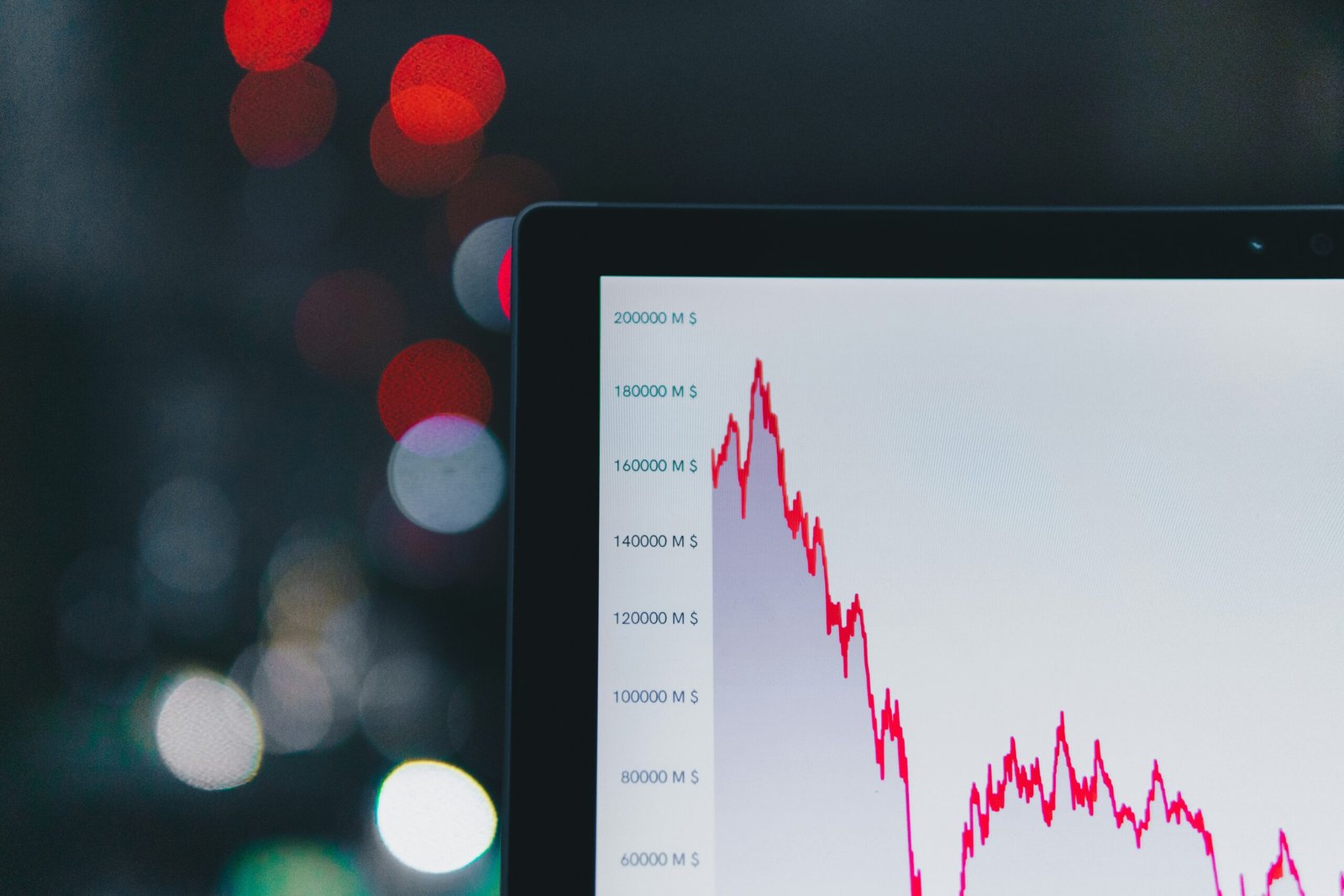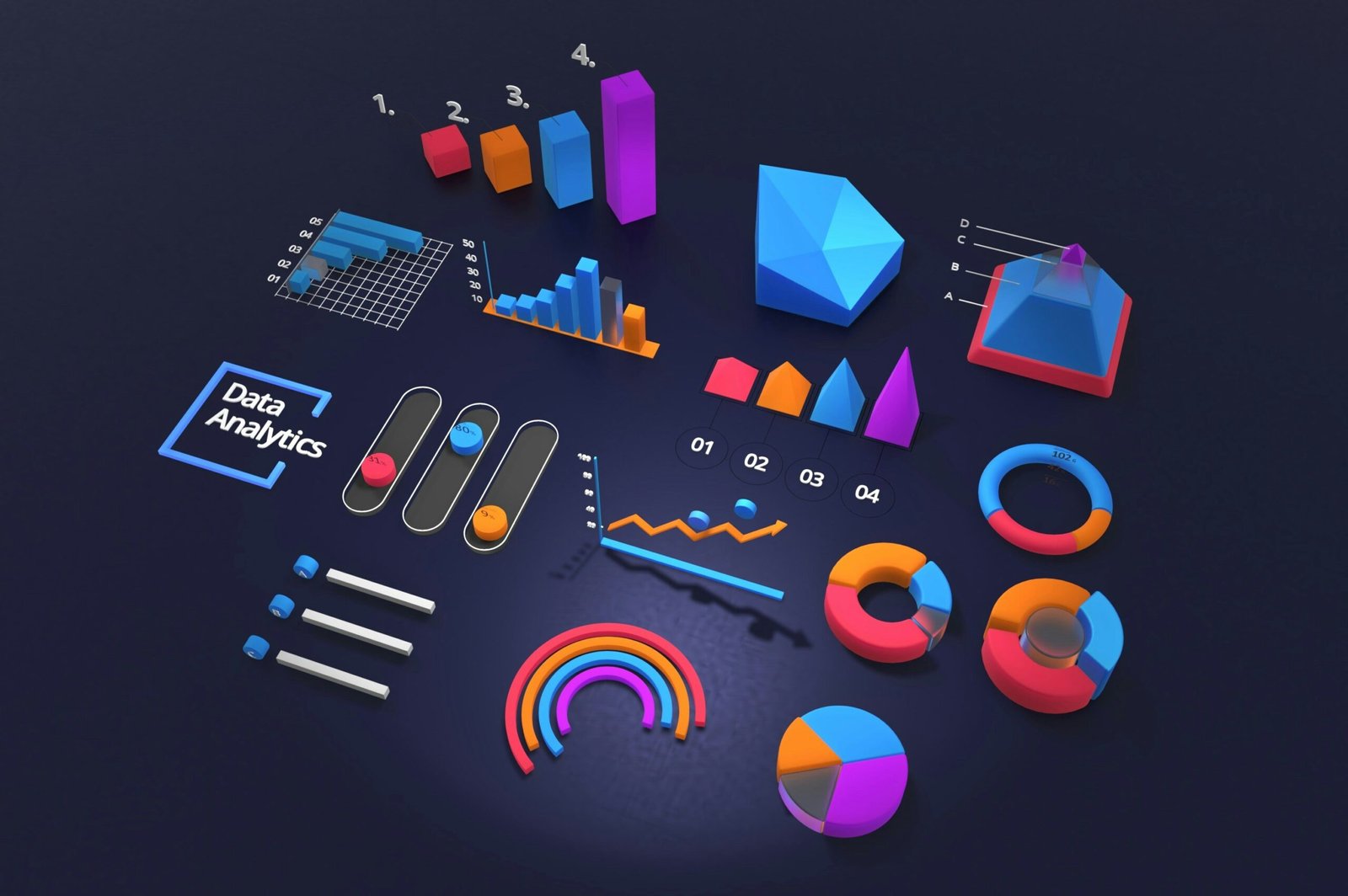Unlocking the Power of Big Data: How It Shapes Our Digital World

In today’s interconnected world, the concept of big data has become a ubiquitous presence, influencing nearly every aspect of our lives. From personalized advertisements to predictive analytics, the sheer volume of data being collected and analyzed is staggering. But what exactly is big data, and how does it impact our society?
Big data refers to the massive amount of information generated and collected by various digital platforms, ranging from social media to e-commerce websites. This data is then processed and analyzed to reveal patterns, trends, and insights that can be used to inform decision-making processes. While the potential benefits of big data are vast, there are also significant concerns surrounding privacy, security, and ethical implications.
The Rise of Big Data in the Digital Age
The Role of Social Media in Data Collection
Social media platforms have revolutionized the way we communicate and interact with one another, but they have also become powerful tools for data collection. Every like, share, and comment we make provides valuable insights into our preferences, interests, and behaviors. This data is then used to create targeted advertisements, personalize user experiences, and even manipulate political opinions.
As social media continues to expand its reach and influence, the amount of data being generated grows exponentially. This has led to concerns about data privacy and security, as well as the potential for algorithmic bias and discrimination.
The Impact of Big Data on Business and Society
Businesses across various industries are harnessing the power of big data to gain a competitive edge, improve operational efficiency, and drive innovation. From healthcare to finance, data analytics is transforming the way decisions are made and strategies are implemented.
However, the widespread adoption of big data analytics has also raised questions about data ownership, consent, and transparency. Who owns the data being collected? How is it being used? And are individuals truly aware of the implications of sharing their personal information?
The Ethics of Big Data: Balancing Progress with Privacy
Privacy Concerns in the Digital Age
One of the most pressing issues surrounding big data is the erosion of privacy in the digital age. As more and more data is collected about individuals without their knowledge or consent, questions about surveillance, tracking, and data breaches become increasingly relevant. The Cambridge Analytica scandal, in which millions of Facebook users’ data was harvested without their consent, highlighted the dangers of unchecked data collection and misuse.
To address these concerns, governments around the world are enacting stricter data protection laws, such as the GDPR in Europe and the CCPA in California. These regulations aim to give individuals greater control over their personal data and hold businesses accountable for how they collect, store, and use it.
FAQs About Big Data
What is big data?
Big data refers to the massive volume of structured and unstructured data that is generated by digital platforms and analyzed to reveal patterns, trends, and insights.
How is big data collected?
Big data is collected through various sources, such as social media, e-commerce websites, sensors, and mobile devices. This data is then processed and analyzed using advanced analytics tools.
What are the benefits of big data?
Big data can provide valuable insights for businesses, governments, and organizations, leading to improved decision-making processes, increased efficiency, and enhanced customer experiences.
What are the risks of big data?
The risks of big data include privacy concerns, data breaches, algorithmic bias, and ethical implications. As more data is collected and analyzed, the potential for misuse and abuse also increases.
How can individuals protect their data privacy?
Individuals can protect their data privacy by being aware of the information they share online, using privacy settings on social media platforms, and reading privacy policies before consenting to data collection.
What are some examples of big data in action?
Some examples of big data in action include personalized recommendations on e-commerce websites, targeted advertisements on social media platforms, and predictive analytics in healthcare and finance.
What is the future of big data?
The future of big data is likely to see continued growth and expansion, with advancements in artificial intelligence, machine learning, and data analytics shaping the way data is collected, analyzed, and utilized.
Conclusion
In conclusion, big data has become an integral part of our digital world, shaping the way we communicate, do business, and make decisions. While the benefits of big data are undeniable, it is crucial to consider the ethical, privacy, and security implications of its widespread usage. By taking a critical and informed approach to analyzing big data, we can ensure that its impact on society is positive and empowering. For more insightful articles on the impact of digital advancements, be sure to explore other thought-provoking pieces on Dengkuler.com.









No Comments